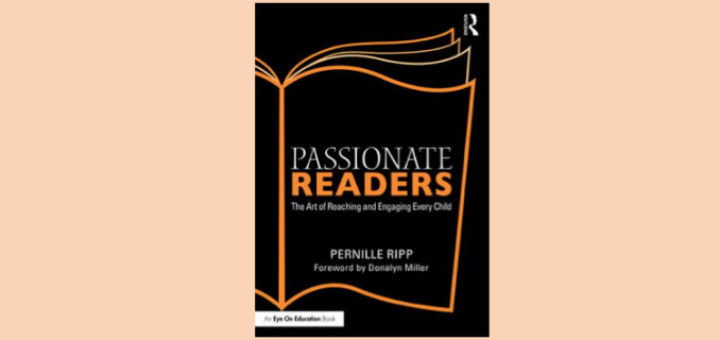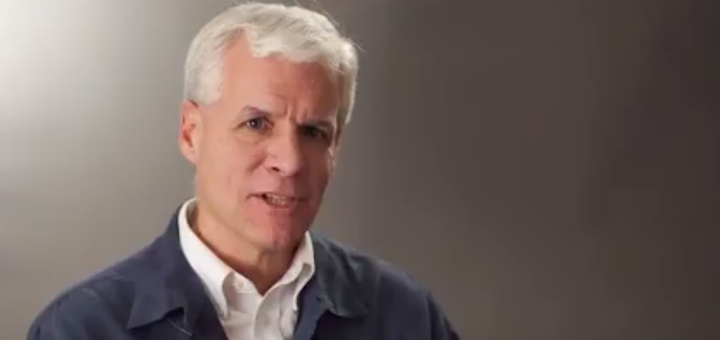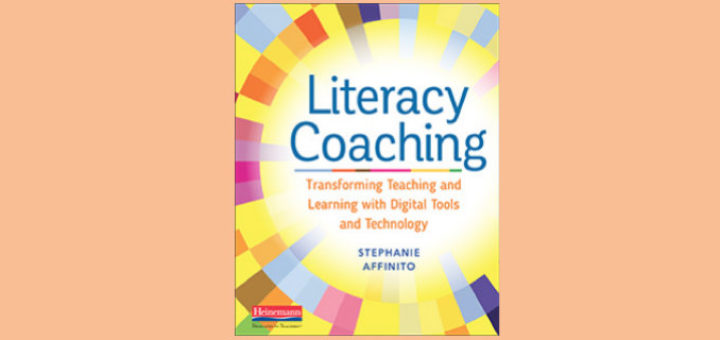Teaching and learning in grades 4-8
One reason math educator Michelle Russell loves being a teacher is because every year she gets “a reset.” After a summer spent in part reflecting, she’s set two goals for fall: improving communications with families and helping kids focus on the positive every day.
Including a few new tools for students in your first few weeks of school will pay dividends throughout the year. In her new MiddleWeb blog “Wide Open Learning” Megan Kelly describes two apps your kids can integrate into projects across subjects in the months ahead.
Reading, Writing, Rigor by Nancy Boyles offers practical tools to increase student learning in reading and writing. Boyles packs 199 pages with information, including numerous resources, strategies, and techniques to support teachers, writes consultant Anne Anderson.
Serena Pariser’s book offers best practices for creating a classroom community where the teacher is respected, students are valued and engaged, and isolation is reduced. Like chatting with a colleague who has funny stories and great advice to share, writes Stacy Thorpe.
Igniting passion in someone, especially an adolescent, is no small task. Throughout Passionate Readers Pernille Ripp takes on the task of describing how we might create conditions in which students feel a deep interest and desire to read, writes educator Claire Stein.
When it comes to vocabulary instruction, teachers have many, many questions, for example: “How can I fit vocabulary in? How should I pick the words? What should my quizzes look like?” Literacy consultant Sarah Tantillo provides answers to these questions and more.
Rubrics should clarify both teacher and student thinking, writes classroom assessment expert Rick Wormeli. They can help mentor students as they analyze and reflect on their work, but there are cautions in their use that effective teachers will take time to investigate.
When teachers think of learning centers, we often identify them with K-3 classrooms. Katherine McKnight shows how the model can be expanded and adapted for middle schoolers, incorporating the essentials of collaborative learning, content knowledge acquisition, and more.
When Sarah Cooper launches an op-ed writing project, students respond best if they have wide latitude to choose a topic, picking an issue that sparks a personal connection. Beyond research and writing, the highlight for kids is sharing their op-eds with an audience.
Reading Stephanie Affinito’s Literacy Coaching can benefit classroom teachers as well as literacy coaches, writes educator Kathleen Palmieri. In addition to covering learning communities, PD, and collaboration, the book offers extensive digital resources to boost student learning.






































